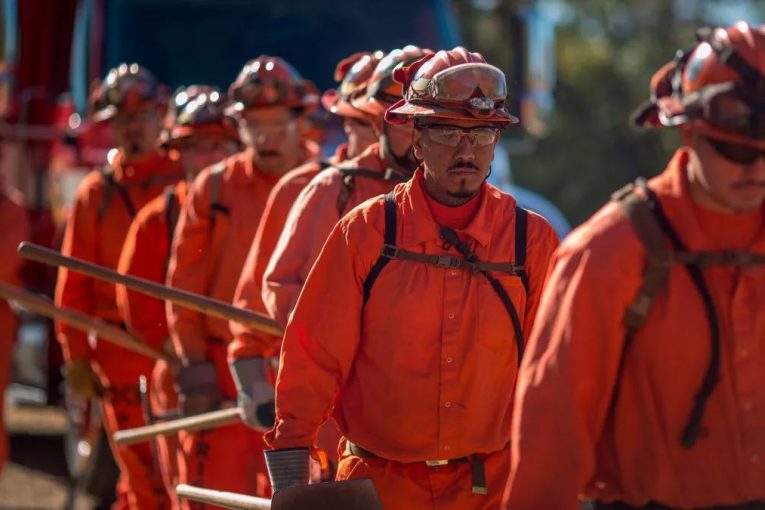

By CJ Black
If we want to improve our society, then we need to take rehabilitation seriously. Enslavement to the prison-industrial complex (PIC) prevents such. People end up in prison for a plethora of reasons: some grounds include the school-to-prison pipeline, systemic inequalities, broken homes and neighborhoods, domestic violence, etc. Whatever the cause may be, if we truly want safer communities then we should allocate tax dollars towards rehabilitating people in prisons instead of locking those same people in cages with said funding.
When all we do in prison is serve the multi-billion-dollar industry of the Prison Industrial Complex, then we leave prison just as broken, if not worse than going in. Job placements in prison take precedence, despite laws in California that mandate the availability of self-help programs that do not conflict with work schedules. In reality, each incarcerated individual is assigned a job placement that they must report to daily regardless of their ability to perform the job duties.
Job assignments fail to place people according to their physical ability. For example, elderly women, handicapped, and people with disabilities are placed in jobs that require physical labor such as bending and lifting that they cannot provide. Many receive  disciplinary write-ups for missing work due to illness and injury or their inability to perform duties like working in the kitchen and disposing of trash due to their physical ability. Because the slavery clause allows forced servitude, the state can and does take our good time credit days away from us which extends our prison stays.
disciplinary write-ups for missing work due to illness and injury or their inability to perform duties like working in the kitchen and disposing of trash due to their physical ability. Because the slavery clause allows forced servitude, the state can and does take our good time credit days away from us which extends our prison stays.
Certain job assignments for prisoners create financial profit for the prison. Prisoners can be assigned work about contracts the prison holds to make products from the clothes we wear in prison (shoes included), lunch packages, blankets, laundry washing, American flags, screens, construction and building maintenance, and running, basically, the entire institution.
In addition, the California Department for Corrections and Rehabilitation (CDCR) gains a profit from California taxpayers’ dollars that fund each person incarcerated at exponential rates. Yes, you, the citizen, pay to detain each person behind bars out of your hard-earned wages.
To put this enslavement into perspective, people in prison are paid .08 cents an hour to .25 cents an hour. Restitution takes half that instantly, leaving from six to 18 dollars left to purchase hygiene and necessities such as food and coffee (a must-have to slave for the state). Currently, at Central California Women’s Facility (CCWF), it costs eight dollars for an eight-ounce jar of instant coffee; thus not everyone can afford to purchase the fuel needed to slave for the state, nor afford hygiene products to clean off the sweat and grind of slavery. Think of who the payment of these necessities falls upon, family and friends of the incarcerated population which further impacts low-income communities targeted by social stratification and school-to-prison pipelines.
A further side effect of this broken system is that these enslaved people are unable to learn how to budget their pathetic pay slots to afford necessities. This adversely affects people paroling home who need to budget for themselves and their families.
There is no retirement, medical leave, or vacation in prison because we are forced to work every single day! Job placements are eight-hour shifts, five days a week, separate from chow time and mandatory counts. This leaves only two hours per evening and weekends for potential self-help groups. People who return to their communities as neighbors after serving time often return far worse than before as a result of the trauma and PTSD inflicted by prison. They are often internally broken from not addressing their core issues that may have led them to prison in the first place.
By removing the slavery clause from the 13th Amendment of the California Constitution, we can end involuntary servitude in the prison-industrial complex. Let’s refocus your hard-earned wages and taxes to serve rehabilitative programs for self-improvement while in prison. Release formerly incarcerated people back to your community as better people, instead of increasing the already billion-dollar industry of prisons.
